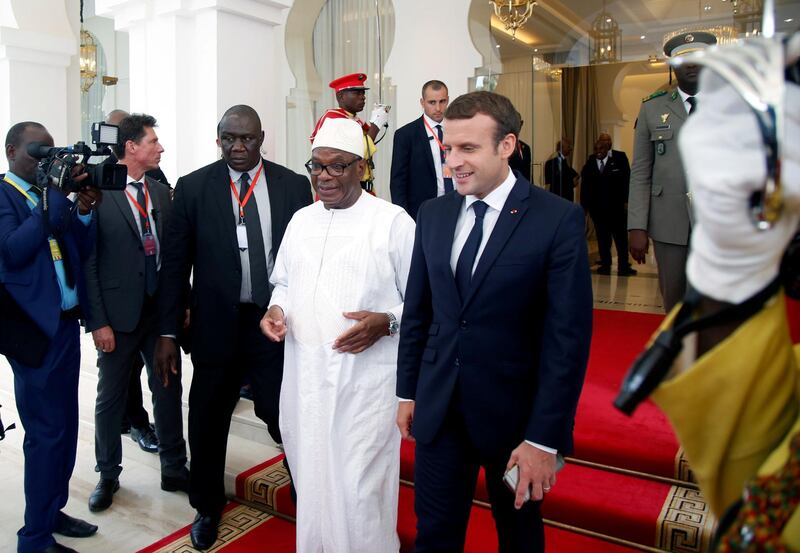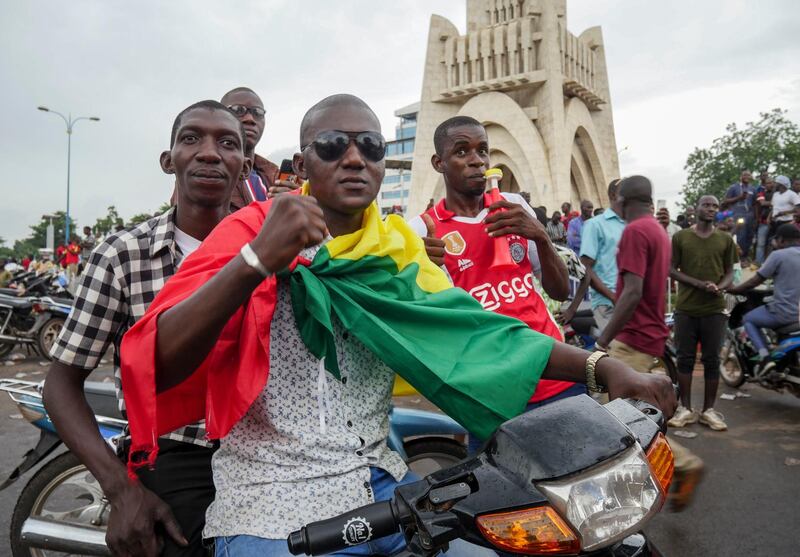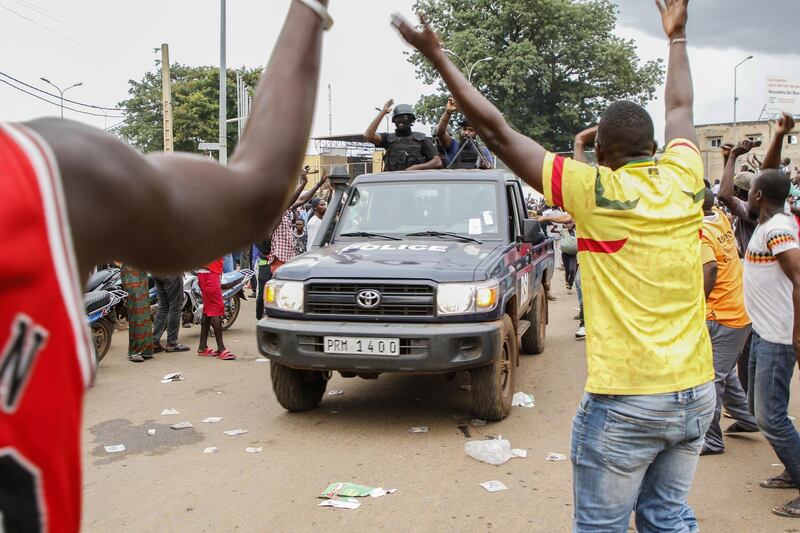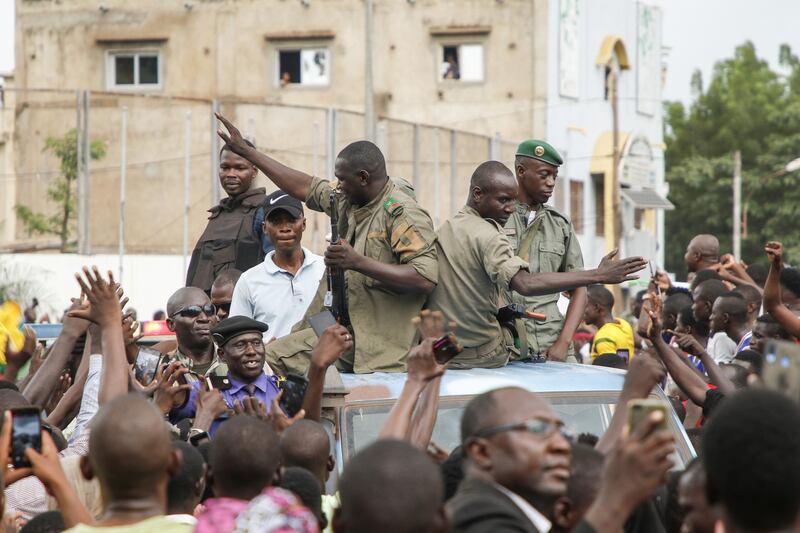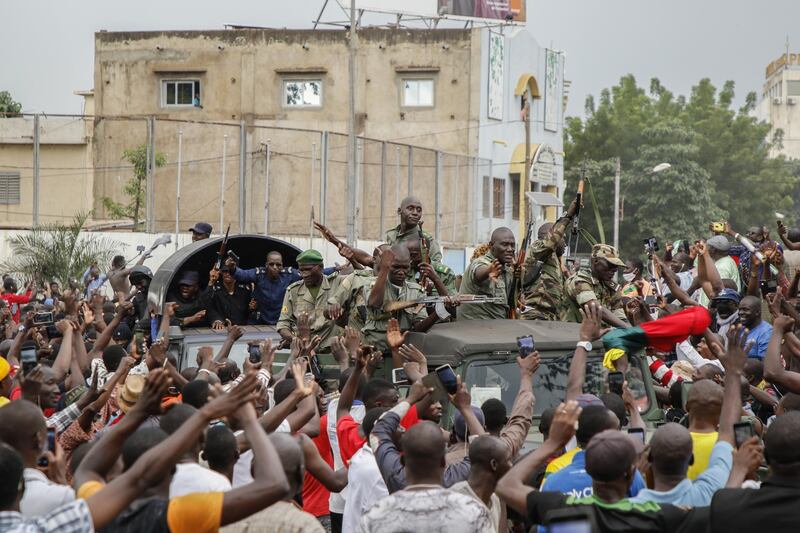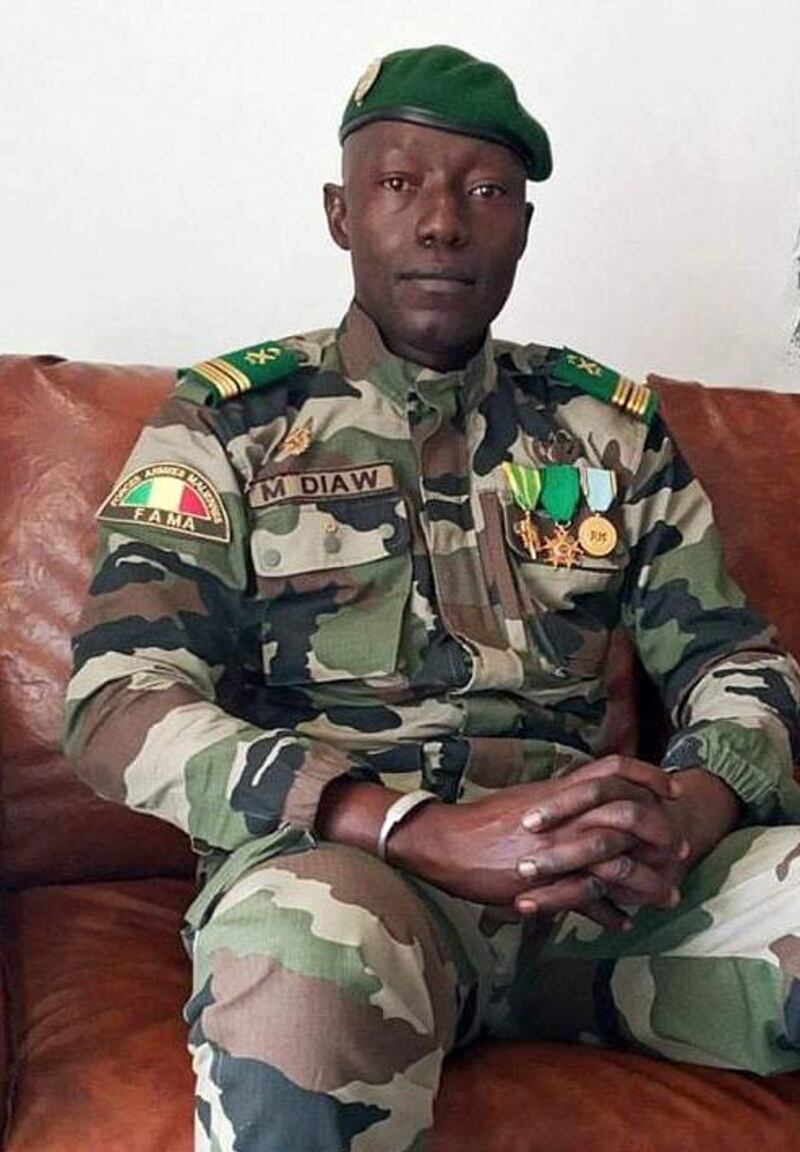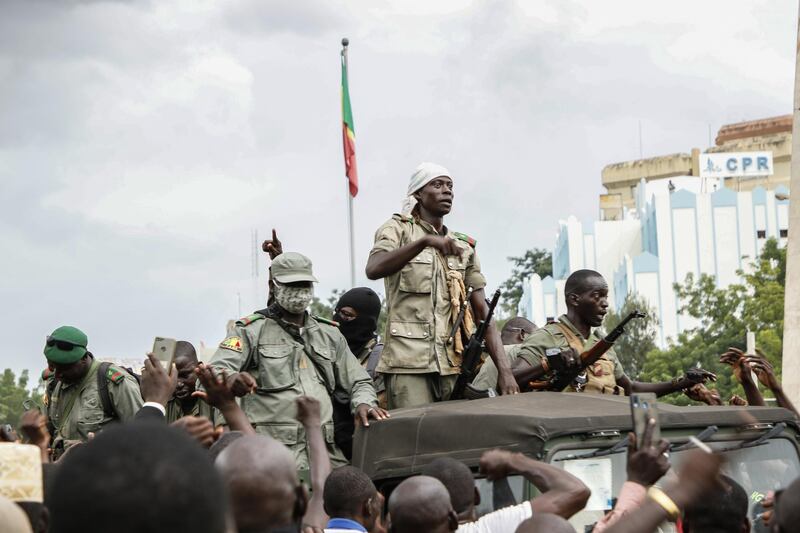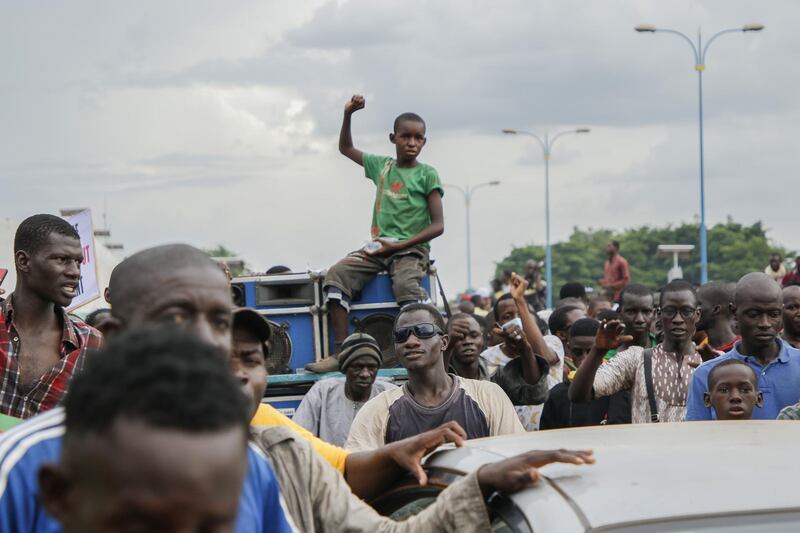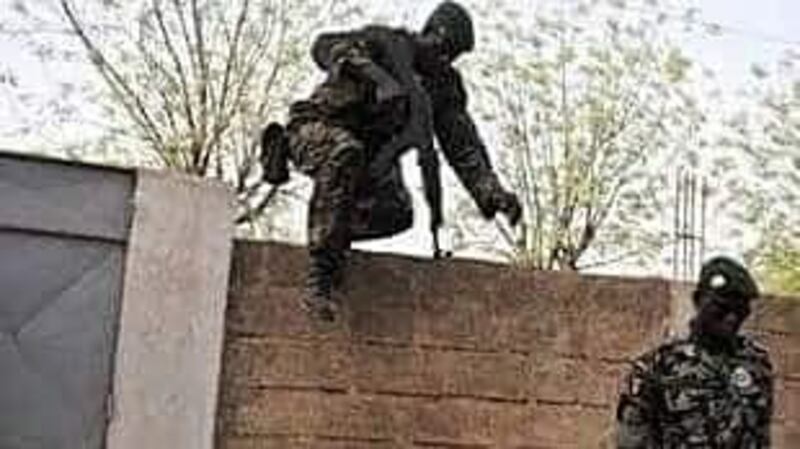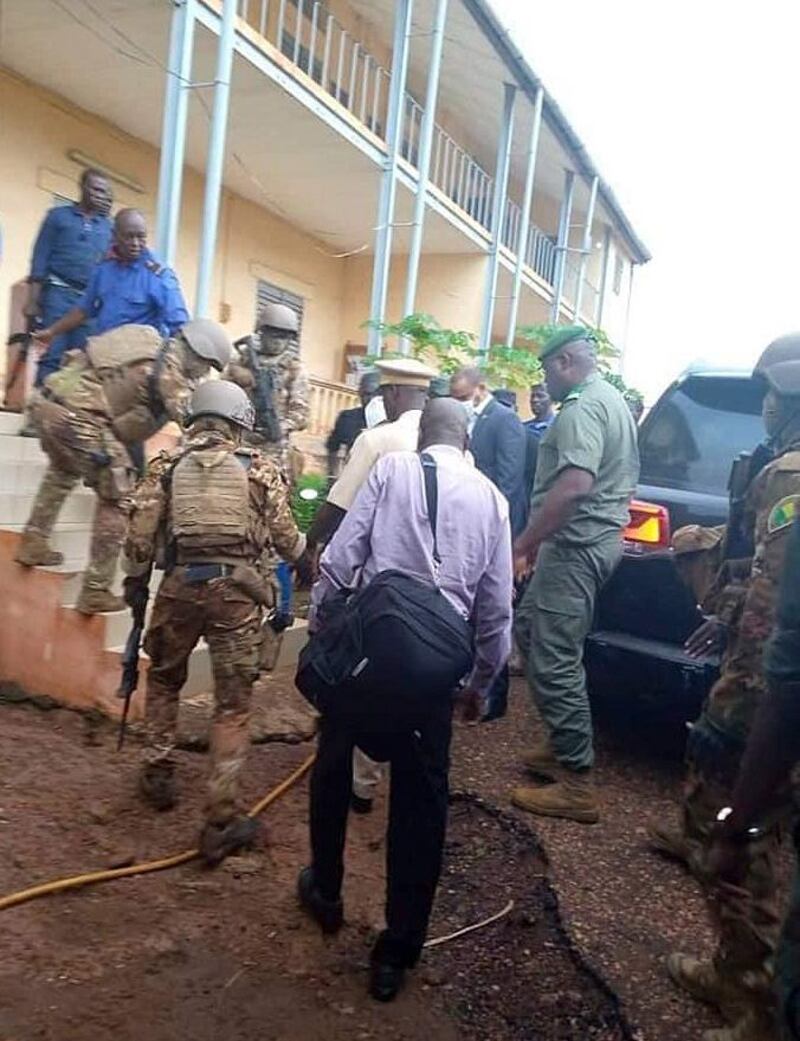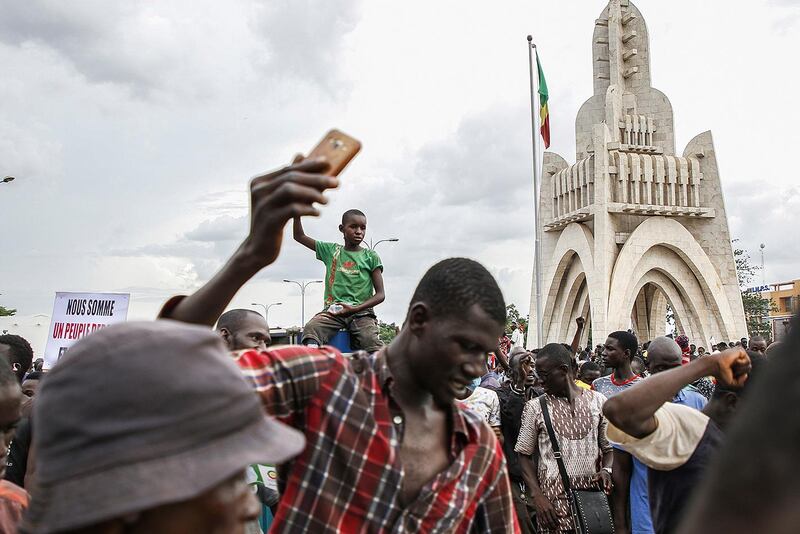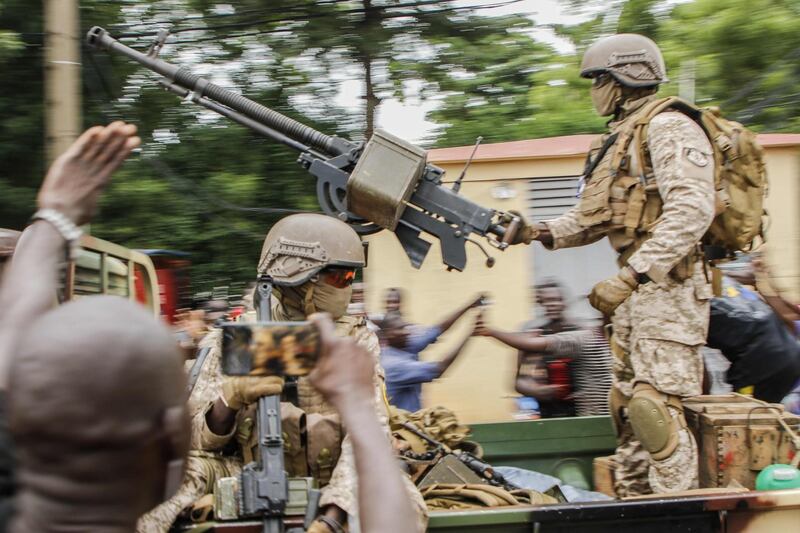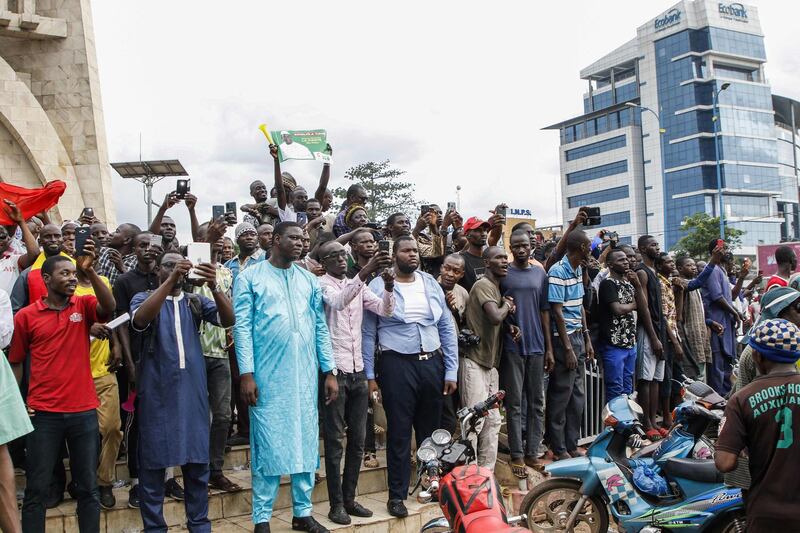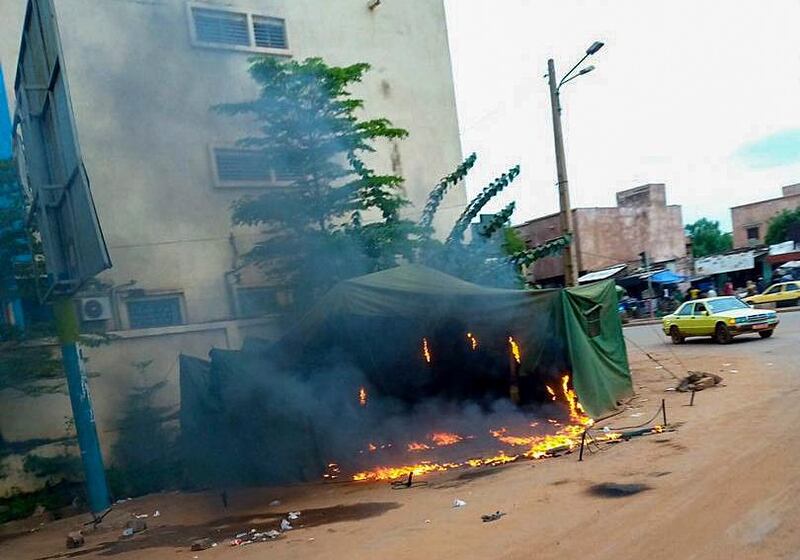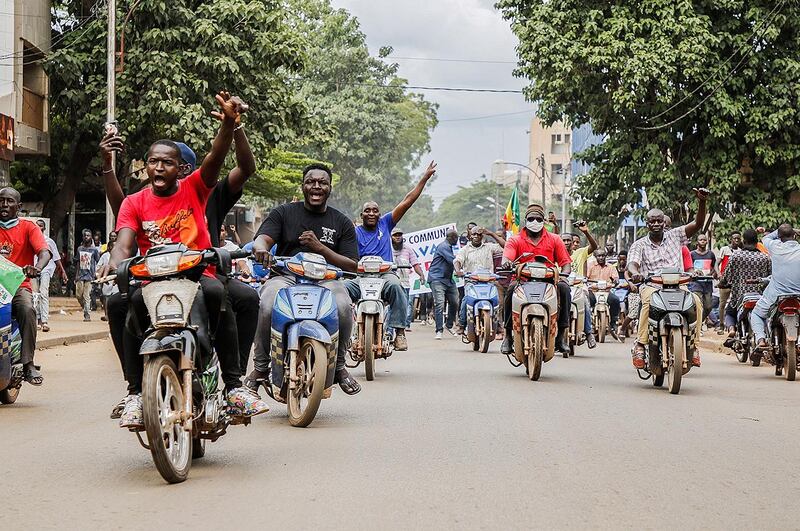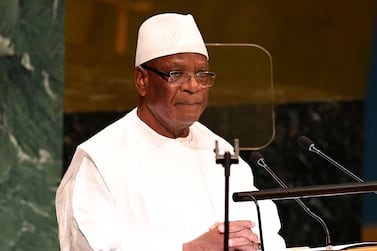The international community has widely condemned a coup by mutinous soldiers in Mali that has forced the resignation of President Ibrahim Boubacar Keita.
The UN and the EU have hit out at the military takeover in Bamako before a UN Security Council closed session to discuss the developments.
UN Secretary General Antonio Guterres called for an immediate resolution to the crisis and the “unconditional release of President Ibrahim Boubacar Keita and members of his Cabinet”.
The EU’s foreign policy chief Josep Borrell called the coup unconstitutional and said it could not provide a proper remedy to months of turmoil in the Sahel nation.
The African Union and the Economic Community of West African States have also decried the arrests by the soldiers.
Mr Keita’s arrest and resignation are a particular challenge for French President Emmanuel Macron.
Paris had made Mr Keita’s administration in Bamako a key ally in its anti-extremism strategy in the wider Sahel region.
France, the former colonial power in Mali, has not publicly commented since Mr Keita’s resignation.
Mr Macron reportedly condemned the coup and spoke with Mr Keita and the leaders of Niger, Ivory Coast and Senegal as it was unfolding.
He pledged full support to an economic community mediation effort, but his office said he would not comment further until after the Security Council meeting on Wednesday.
Mr Macron spoke to Mr Keita shortly before he was arrested, French media reported.
France has been heavily involved in Mali since its 2013 intervention against an insurgency in the north of the country.
Tuesday’s coup was similar to the events leading up to the 2012 removal of former Malian president Amadou Toumani Toure.
The 2012 Tuareg insurgency, which sparked the coup against Mr Toure, was hijacked by Al Qaeda-linked extremists, creating a proto-state centred in Timbuktu.
French newspaper Le Monde reported that there were serious concerns in diplomatic circles that history may repeat itself in Mali.
Years later, although a French-led operation eventually wrested control of Timbuktu, instability has spread to the Sahel nations of Burkina Faso, Chad, Mauritania and Niger.
More than 5,000 French troops have been sent to the semi-desert region and 46 have been killed in clashes with extremist groups that have ties to ISIS and Al Qaeda.
The French military has not commented since the coup began and has not indicated what, if anything, its troops in Mali were doing as the crisis unfolded.
The Malian soldiers leading the coup said on Wednesday that they would organise elections.
Mr Keita’s departure has been welcomed by anti-government protesters who have demonstrated in Bamako since June.
While the president’s popularity has plummeted recently he was re-elected to a five-year term in 2018.
Mr Keita was also reported to have the support of senior military officers, indicating a split in the country’s armed forces, which were already struggling to contain the extremist threat.
